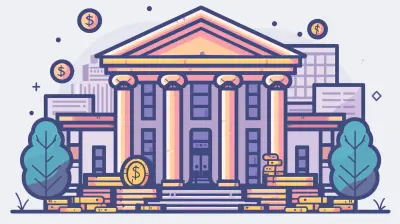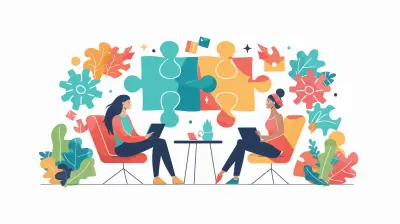How Interest Rates Shape the Economy and Your Wallet
24 June 2025
Let’s be real for a second—interest rates sound like one of those topics you’d hear in a boring economics lecture, right? But the truth is, they impact your life way more than you might think. Whether you're swiping your credit card, thinking about buying a home, or even just parking your money in a savings account, interest rates are silently pulling the strings in the background.
So buckle up, because we’re about to go on a journey through the world of interest rates—and trust me, you’ll want to know how they affect both the big-picture economy and your day-to-day finances.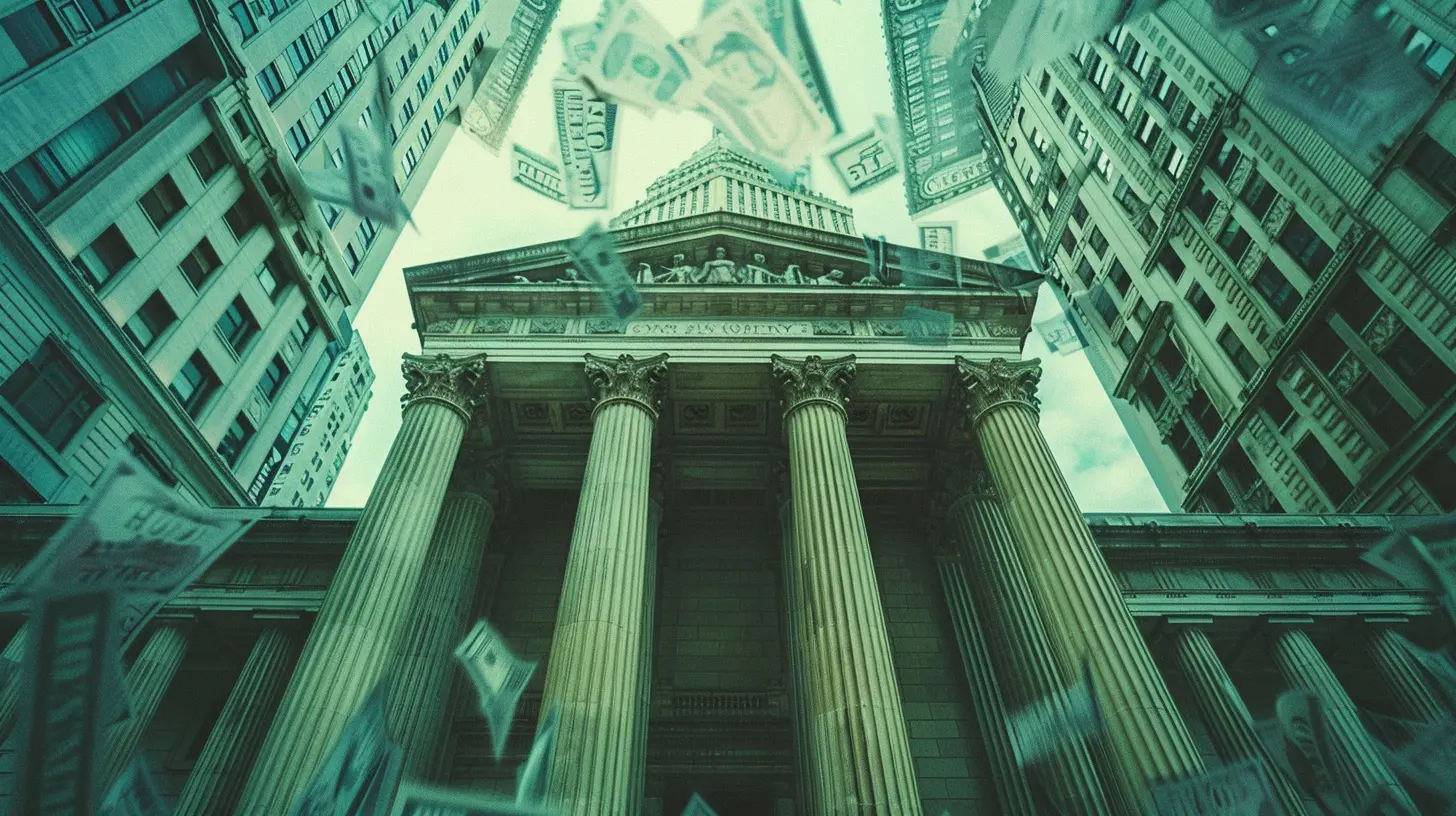
What Are Interest Rates, Really?
At its core, an interest rate is just the cost of borrowing money.When you take out a loan—say for a house, car, or even a business—the bank charges you interest, which is basically their way of saying, “Hey, we’re lending you money, but we expect something back for our trouble.” That "something" is your interest payment.
But here's the twist: interest rates work both ways. If you're the lender (like when you stash money in a savings account), the bank pays you interest. It's like a thank-you gift for letting them use your money.
The Two Types of Interest Rates You Should Know
1. Nominal Interest Rate: This is the rate you usually see advertised. It doesn’t account for inflation.2. Real Interest Rate: This one does take inflation into account, giving you a better picture of your true earning or borrowing cost.

Who Controls Interest Rates?
Here’s where it gets interesting. You might think banks just come up with rates based on what they feel like—nope. The puppet master behind the curtain is typically the central bank. In the U.S., that’s the Federal Reserve (or just "The Fed").The Fed doesn't directly set all interest rates, but it does control the federal funds rate—a key rate banks use to lend money to each other overnight. Sounds dull, but this rate influences everything from your mortgage to your credit cards.
So when you hear on the news that "The Fed is raising interest rates" or "cutting rates," know that this decision is going to ripple through the whole economy—and yes, your wallet too.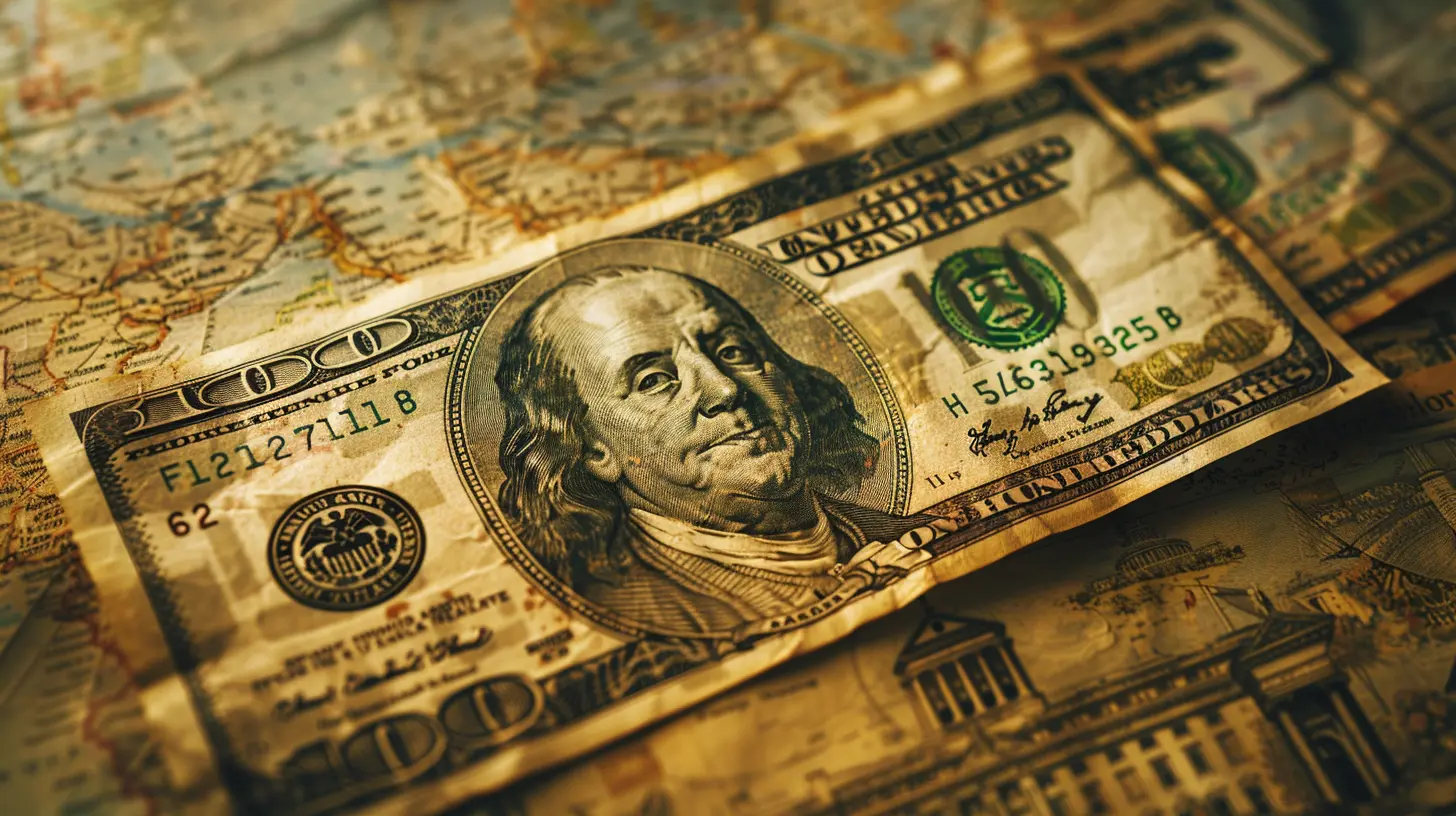
How Interest Rates Influence the Economy
Alright, let’s take it up a notch. Interest rates are like the economy’s thermostat. Turn it up or down, and you get totally different outcomes.1. Slowing Down or Speeding Up the Economy
When the Fed wants to cool off an overheated economy (think inflation, high prices, too much money flying around), it raises interest rates. This makes borrowing more expensive, which usually slows spending and investment.On the flip side, when the economy is sluggish (high unemployment, low consumer spending), the Fed lowers interest rates to encourage borrowing and—hopefully—jumpstart growth.
It’s kind of like giving the economy a shot of espresso or a calming cup of chamomile tea, depending on what it needs at the time.
2. Impact on Inflation
Inflation is that sneaky little monster that quietly erodes your buying power. When prices go up faster than your income, it stings. One of the Fed's main tools to fight inflation is—you guessed it—raising interest rates. High rates make borrowing harder and slow down spending, which puts a leash on inflation.But be warned: raise them too high, and you risk tipping the economy into a recession. It’s a tricky balancing act.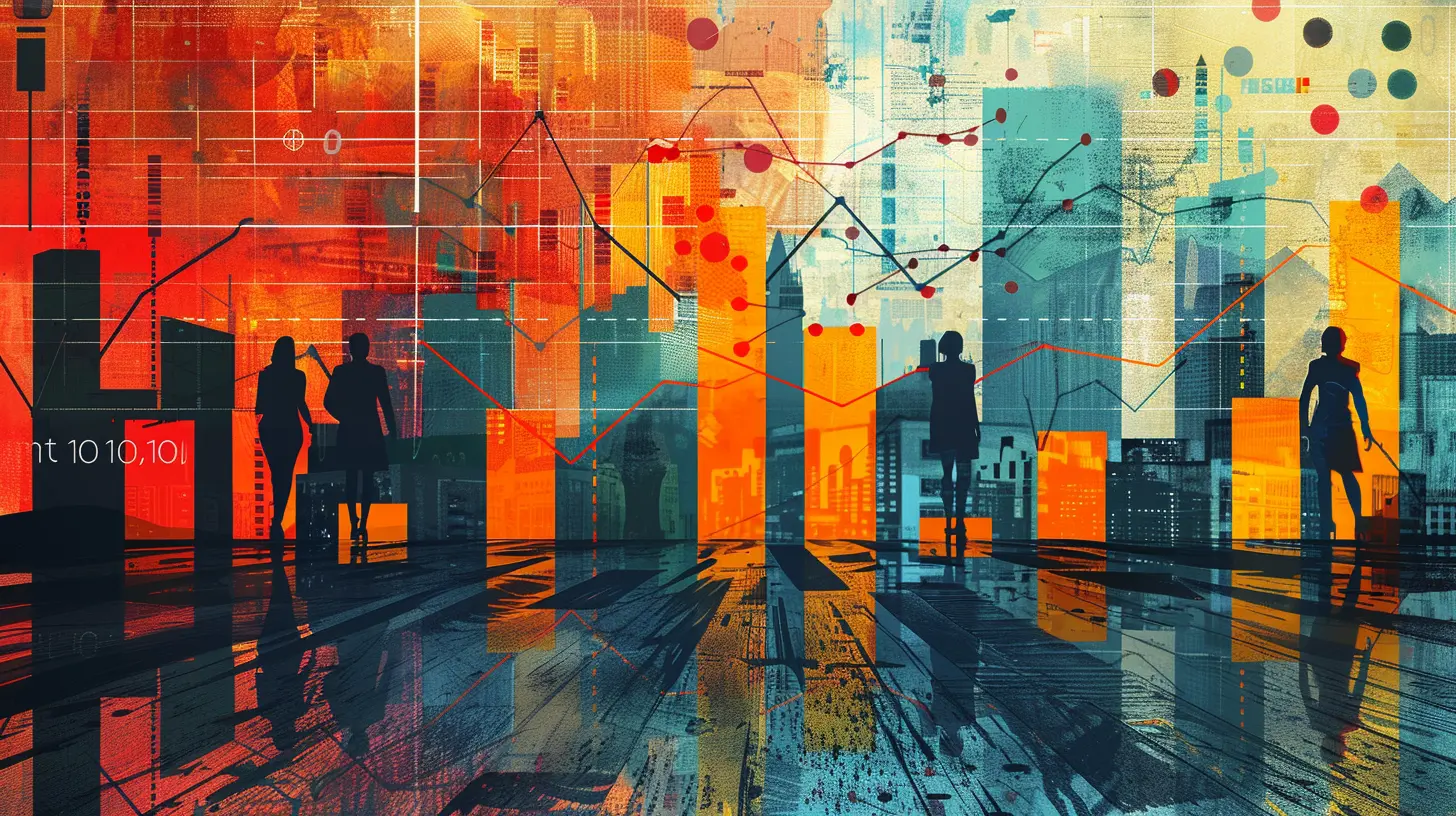
What High Interest Rates Mean for You
Alright, let’s talk about the part you really care about—your money.1. Loans Get Pricier
Thinking about getting a mortgage, car loan, or student loan? Higher interest rates mean bigger monthly payments. Ouch.For example, let’s say you’re eyeing a $300,000 mortgage. At a 3% rate, your monthly payment (not counting taxes and insurance) might be around $1,265. But at 6%? You're looking at over $1,800. That’s a pretty hefty difference.
2. Credit Card Costs Climb
Most credit cards have variable interest rates, which means they’re directly linked to what the Fed does. When rates go up, so does your credit card’s APR. Translation: carrying a balance just got more expensive.3. Saving Becomes More Rewarding
There is a silver lining! Higher interest rates can be great news for savers. Your savings account, CDs, and even money market accounts start paying better returns. So if you’re the type who likes to stash cash, this is your time to shine.What Low Interest Rates Mean for You
When rates drop, the economy is usually in trouble, and the Fed is trying to pump it back to life.1. Cheaper Loans
Good news for homebuyers, car shoppers, and anyone with debt. Lower interest rates mean lower monthly payments. This is why mortgage applications tend to surge when rates fall.2. Easier Credit Access
Banks tend to loosen lending standards when rates are low, so it’s easier for both individuals and businesses to get loans. That can lead to more investment, more jobs, and more growth.3. Savings Take a Hit
The downside? Your savings might earn next to nothing. That cool 0.01% interest rate on your savings account? Yeah, it’s kind of pathetic, but it’s the new normal when rates are low.Interest Rates and the Stock Market
Now, you might be wondering: how do interest rates mess with my investments?When rates go up, borrowing becomes more expensive for companies. That can lead to lower profits, which often causes stock prices to dip. On top of that, investors might shift money out of stocks and into bonds or savings accounts, where they now earn more interest.
On the flip side, when rates are low, stocks usually get a boost—companies borrow cheaply, profits rise, and investors seek out higher returns in the stock market.
How Interest Rates Shape Real Estate
If you’ve ever tried to buy or sell a home, you know mortgage rates can make or break a deal.High Rates = Sluggish Market
Higher rates push monthly mortgage payments up, shrinking the pool of buyers who can afford a home. This often cools demand and can even cause home prices to drop.Low Rates = Housing Frenzy
Low interest rates? It’s like Black Friday for real estate. Everyone rushes to buy, driving up demand—and home prices.If you're a buyer, lower rates are your best friend. If you're a seller, you’ll love how they boost demand.
Business Investment and Interest Rates
Businesses borrow money just like consumers do. Whether it’s expanding operations, hiring staff, or launching a new product line, companies often take out loans to make things happen.High interest rates can discourage this kind of borrowing, which slows growth and hiring. Low rates, on the other hand, make it easier and cheaper for businesses to invest in themselves and their futures.
The Global Domino Effect of U.S. Interest Rates
Here’s something cool: the U.S. doesn’t just set its own tone—it sets the mood for much of the world.When the Fed changes rates, global investors pay attention. A higher U.S. rate can attract foreign capital, making the U.S. dollar stronger. That might be good for American travelers, but it can hurt U.S. exporters whose goods become more expensive overseas.
Also, countries with heavy debt in U.S. dollars suddenly find themselves paying more to service that debt. So one little rate hike in the U.S. can ripple from London to Lagos.
How to Protect Yourself (and Even Benefit!)
Feeling at the mercy of interest rates? Don’t worry, there are smart ways to navigate through rate changes:Refinance Smartly
If you locked in a mortgage or student loan at high rates, refinancing when rates drop can save you thousands.Lock in Fixed Rates
When you expect rates to climb, fixed-rate loans (like a fixed-rate mortgage) can shield you from future increases.Diversify Investments
Interest rates can shake markets. A mix of stocks, bonds, and other assets helps smooth out the bumps.Build an Emergency Fund
Rising rates often mean economic uncertainty. A solid emergency fund ensures you're ready for whatever comes.In a Nutshell…
Interest rates aren’t just numbers floating in a finance headline—they dictate the ebb and flow of our entire economic system. Whether it’s influencing your decision to buy a house, invest in stocks, or stash money in your savings account, the level of interest rates can either open doors or put the brakes on your plans.The next time you hear “The Fed hiked rates,” don’t shrug it off. Think about how it could shape your budget, your job, your investments, and even your dreams. Because those little numbers? They pack a mighty punch.
all images in this post were generated using AI tools
Category:
Economic IndicatorsAuthor:

Audrey Bellamy
Discussion
rate this article
2 comments
Quentin Ford
This article brilliantly illuminates the dynamic dance between interest rates and our finances! 🌟 Understanding their impact helps us make smarter choices and embrace our financial journeys. Cheers to informed decisions and a thriving wallet! 💰✨
November 10, 2025 at 5:17 AM

Audrey Bellamy
Thank you for your thoughtful comment! I'm glad you found the article helpful in navigating the impact of interest rates on our finances. Cheers to informed decision-making! 💡💰
Vesperos Diaz
Understanding interest rates is crucial; they influence borrowing costs, savings returns, and overall economic growth significantly.
June 25, 2025 at 3:13 AM

Audrey Bellamy
Absolutely! Interest rates play a vital role in shaping financial decisions and economic trends, impacting everything from loans to investments.
